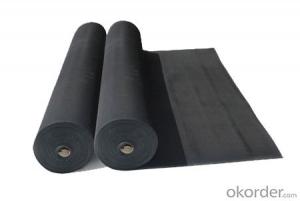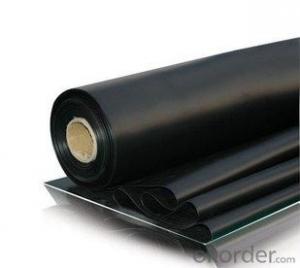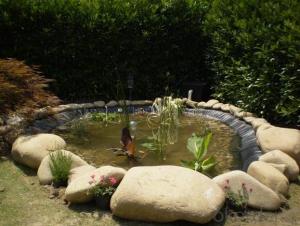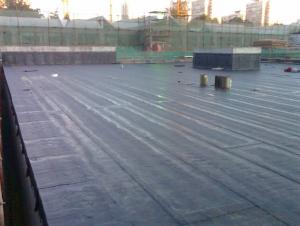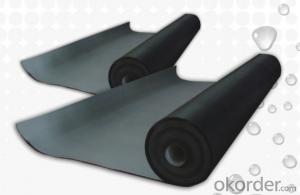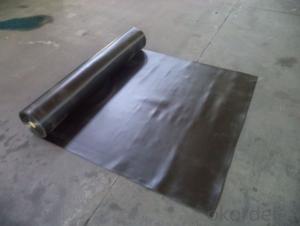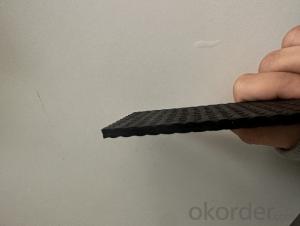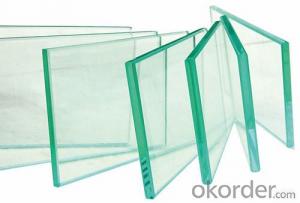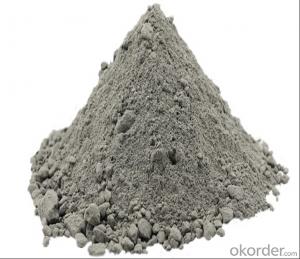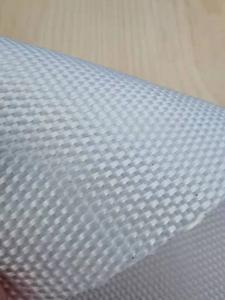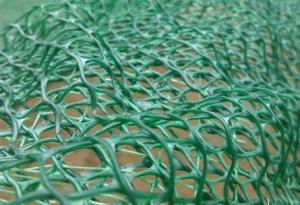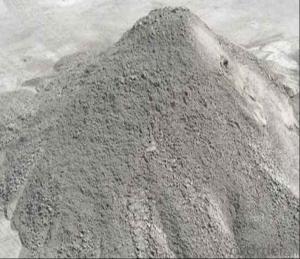EPDM Coiled Waterproof Membrane with 2.0mm Thickness
- Loading Port:
- Shanghai
- Payment Terms:
- TT OR LC
- Min Order Qty:
- 50000 m²
- Supply Capability:
- 5000000 m²/month
OKorder Service Pledge
OKorder Financial Service
You Might Also Like
EPDM Coiled Waterproof Membrane with 2.0mm Thickness
Description Of EPDM Coiled Waterproof Membrane with 2.0mm Thickness:
1. Excellent physical and mechanical performance, high tearing resistance;good deformation adaptability, high puncture resistance;
2. High aging resistance, high UV resistance, anti-acid & alkali;
3. Excellent low & high temperature resistance, innocuous, long life span;
4. Perfect water proof performance, seepage and humidity resistance.
Main Features of EPDM Coiled Waterproof Membrane with 2.0mm Thickness:
A.Polyester based SBS Modified Bitumen Waterproofing Membrane
a. Strong impermeability
b. High tensile strength, elongation, ability to adapt the grassroots shrinkage deformation and cracking
c. Puncture-resistant, broken resistant, tear-resistant
d. The corrosion resistance, resistance to mildew, weathering good
e. Construction convenient, hot-melt can be operated Four Seasons Construction, reliable joints
B. Fiberglass based SBS Modified Bitumen Waterproofing Membrane
a. High tensile strength, stability of a good size
b. High Temperature good performance
c. Damage resistance, corrosion resistance, resistance to mildew, weathering good performance
d. Good construction performance, reliable joints.
Specifications of EPDM Coiled Waterproof Membrane with 2.0mm Thickness:
| Material | EPDM Rubber |
| Size | 1.2m (width)*20m (length) or customized, weldable type 2.05m or 4m width |
| Thick | 1.2mm, 1.5mm, 2.0mm |
| Type | Vulcanized & Weldable |
| Pattern | Non-reinforced (homogeneous) |
| Certificate | ISO9001/14001 |
Applications of EPDM Coiled Waterproof Membrane with 2.0mm Thickness:
geomembrane used in groundsill of road, highway, railway and waterproof layer of swelling clay and wet collapsed loess.Geomembrane can be widely used in areas of garbage burying, waste disposal and underground construction projects.such as below:
- aquaculture ponds
- Ouchi root barrier membrane
- Floating baffles;
- Process wastewater
- Stormwater impoundments;
- Secondary containment;
- Spill containment
- Manure and biogas tanks and covers
- Potable water tanks and covers;
- Sludge Drying beds;
- Bioremediation covers & liners;
- Leachate ponds
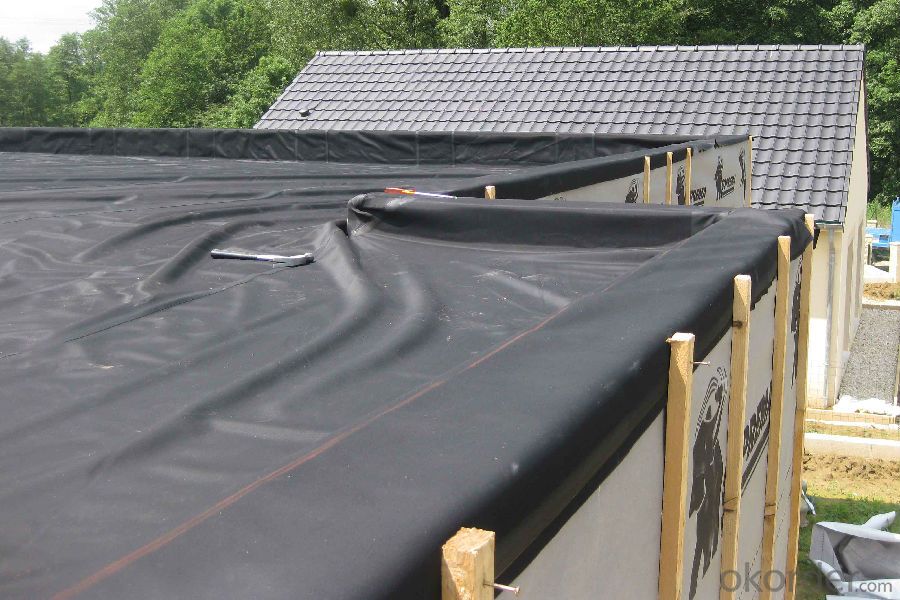
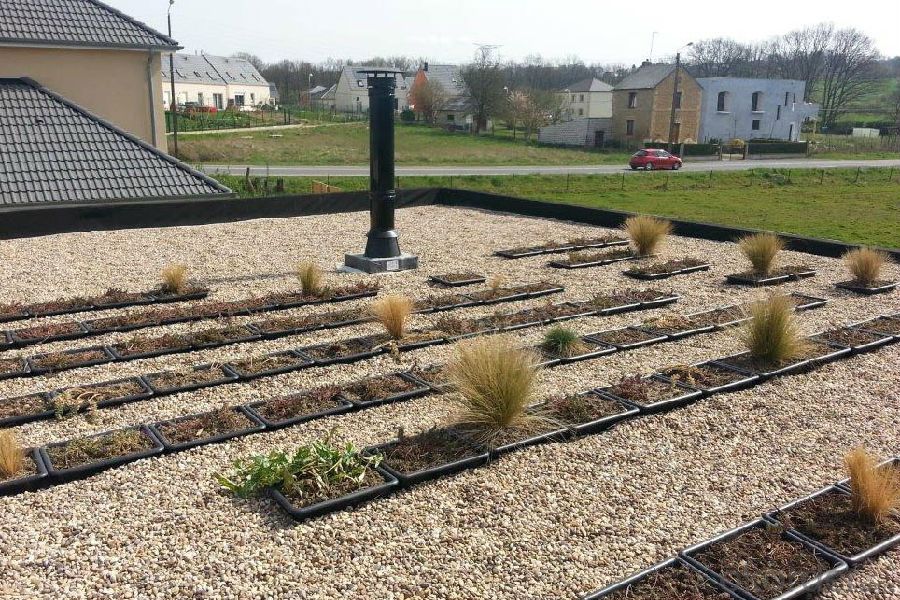
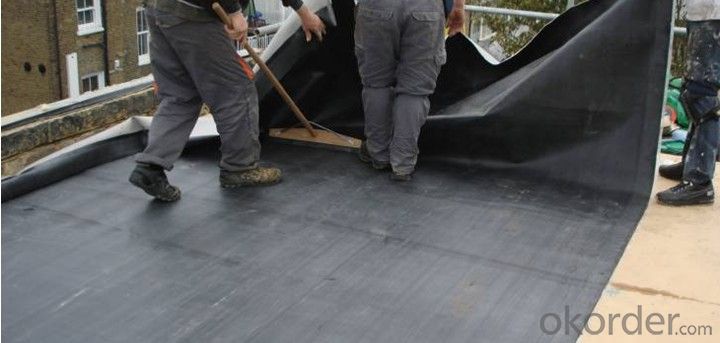
IMages of EPDM Coiled Waterproof Membrane with 2.0mm Thickness:
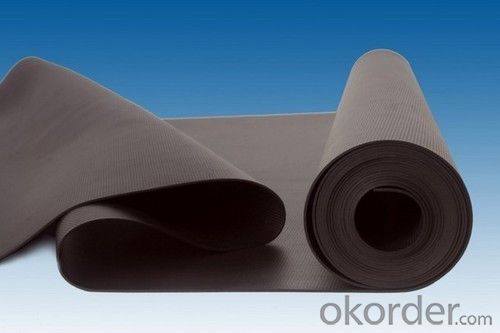
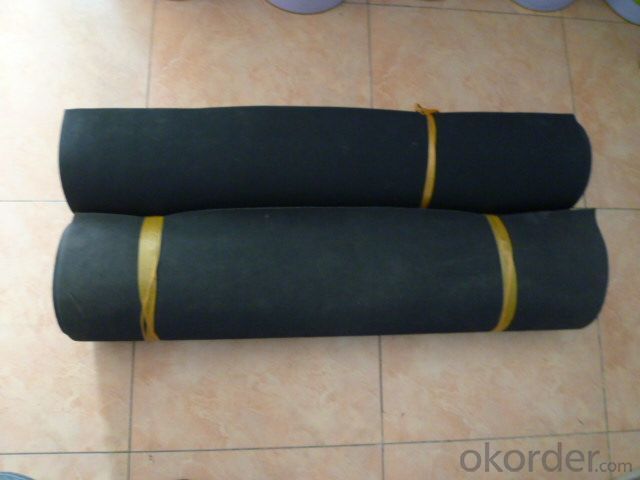
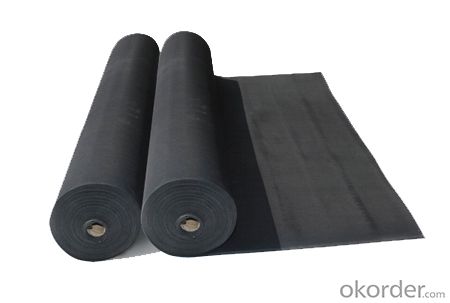
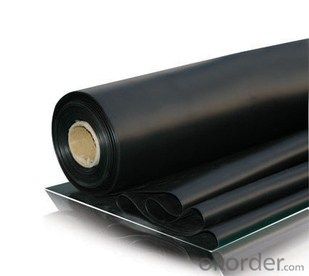
FAQ of EPDM Coiled Waterproof Membrane with 2.0mm Thickness:
1. What are we supplying?
We are specialized in producing Colorful Asphalt Roof Shingle, SBS/APP modified bitumen waterproof membrane, Self adhesive bitumen waterproof membrane, PVC waterproofing membrane, EPDM rubber roofing membrane, Single Component Polyurethane Waterproof Coating, and Spray Polyurea Waterproof Coating
.
2. How Many years experience do we have?
We have been exported to more than 20 countries in the past 15 years.
3. How long do we usually reply your request?
We always reply our customer within 24 hours.
- Q:Can a waterproofing membrane be used for foundation repair?
- Yes, a waterproofing membrane can be used for foundation repair. Waterproofing membranes are commonly used to prevent water infiltration and moisture damage in basements and foundations. These membranes are designed to create a barrier against water and other forms of moisture, protecting the foundation from further damage and potential structural issues. By applying a waterproofing membrane to the foundation, it can help in repairing any existing cracks or leaks, preventing water from seeping into the foundation and causing additional problems. Additionally, a waterproofing membrane can also help in mitigating the risk of mold and mildew growth, as it reduces the moisture content in the foundation. Overall, using a waterproofing membrane is an effective method for foundation repair and ensuring the long-term stability and durability of the foundation.
- Q:Can a waterproofing membrane be used in chemical or hazardous environments?
- Indeed, a waterproofing membrane proves effective in chemical or hazardous surroundings. Its purpose is to serve as a barrier against water, moisture, and other liquids, including chemicals and hazardous substances. Typically, these membranes are constructed from chemical-resistant materials like polyurethane, PVC, or modified bitumen. This composition ensures their durability and ability to withstand exposure to various chemicals without harm. Nevertheless, it is vital to choose a waterproofing membrane specifically designed for chemical or hazardous environments to guarantee compliance with necessary requirements and standards. Moreover, proper installation and maintenance play a crucial role in ensuring the long-lasting effectiveness of the waterproofing membrane in such settings.
- Q:Can a waterproofing membrane be used in areas with high humidity?
- Certainly! In areas with high levels of humidity, it is possible to utilize a waterproofing membrane. In reality, the presence of excessive humidity often adds to the necessity for waterproofing due to the potential accumulation of moisture and subsequent water damage. The purpose of waterproofing membranes is to establish a barricade that hinders the penetration of water through various surfaces like walls or floors. These membranes are capable of effectively safeguarding against moisture and water infiltration, which holds particular significance in locations with elevated humidity where the threat of water damage is amplified. By implementing a waterproofing membrane, you can significantly decrease the probability of encountering issues such as mold, mildew, and other complications related to moisture within these environments.
- Q:Can a waterproofing membrane be used on metal surfaces?
- A waterproofing membrane is capable of being utilized on metal surfaces, providing protection against water infiltration. These membranes are specifically designed to safeguard various materials, including metal, from water damage. They are primarily composed of modified bitumen, EPDM, PVC, or TPO, which offer a resilient and impervious barrier. By applying a waterproofing membrane to a metal surface, one can effectively ward off corrosion, rust, and water-related harm. This makes it a suitable solution for shielding metal structures, roofs, or surfaces that are exposed to moisture or water. However, it is crucial to ensure that the chosen waterproofing membrane is compatible with the specific type of metal surface and that proper installation guidelines are adhered to in order to achieve optimal performance and durability.
- Q:Can a waterproofing membrane be used for tunnels or subway systems?
- Yes, a waterproofing membrane can be used for tunnels or subway systems. It is a common practice to use waterproofing membranes in underground structures to prevent water infiltration and protect the structural integrity of the tunnels or subway systems. These membranes are designed to provide a barrier against water, ensuring the safety and longevity of the underground infrastructure.
- Q:Does a waterproofing membrane prevent water damage to building materials?
- A waterproofing membrane is specifically designed to shield building materials from water damage. Its purpose is to act as a barrier, preventing water from infiltrating the structure and causing harm. Typically, the membrane is applied to areas prone to water intrusion, such as roofs, basements, and foundations. By creating a watertight seal, it effectively stops water from seeping through and harming the building materials. This safeguard is essential in maintaining the structure's integrity and preventing issues like mold growth, rot, and material decay. However, it's crucial to acknowledge that the effectiveness of a waterproofing membrane can vary based on the product's quality and proper installation. Regular maintenance and inspections are also necessary to ensure the membrane remains intact and continues to safeguard against water damage.
- Q:Can a waterproofing membrane be used on aerated concrete block surfaces?
- Yes, a waterproofing membrane can be used on aerated concrete block surfaces. Aerated concrete blocks are known for their porous nature, which can make them prone to water penetration. Applying a waterproofing membrane on the surface of the blocks can help prevent water from seeping through and causing damage. The membrane forms a barrier that keeps water out while still allowing the blocks to breathe and release any trapped moisture. This helps to maintain the integrity and longevity of the aerated concrete block structures. However, it is important to ensure that the waterproofing membrane is specifically designed for use on aerated concrete blocks, as different materials require different types of membrane for optimal performance.
- Q:Can a waterproofing membrane be used on tunnels?
- Yes, a waterproofing membrane can be used on tunnels. Waterproofing membranes are commonly used in tunnel construction to prevent the ingress of water and protect the structure from potential water damage. These membranes are designed to be highly durable, flexible, and resistant to external factors such as water pressure and ground movements. They provide a reliable barrier against water infiltration, helping to maintain the structural integrity of the tunnel and ensure its long-term functionality.
- Q:Can waterproofing membranes be used on precast concrete panels?
- Yes, waterproofing membranes can be used on precast concrete panels. These membranes are designed to provide an effective barrier against water penetration, protecting the concrete from moisture damage. They can be applied directly to the surface of precast concrete panels, ensuring their long-term durability and preventing water-related issues such as cracking, spalling, or corrosion.
- Q:Can a waterproofing membrane be used on gypsum board surfaces?
- Yes, a waterproofing membrane can be used on gypsum board surfaces. Gypsum board, also known as drywall, is a common material used in interior construction. While it is not inherently waterproof, applying a waterproofing membrane can help protect the gypsum board from moisture damage. A waterproofing membrane is a thin layer of material that is applied to the surface of the gypsum board. It forms a barrier that prevents water from seeping into the board and causing it to deteriorate or mold. It can be used in areas where moisture is present, such as bathrooms, kitchens, laundry rooms, or basements. Before applying a waterproofing membrane, it is important to prepare the gypsum board surface properly. This may involve cleaning the surface, patching any holes or cracks, and ensuring the board is dry and free of dust. Once the surface is ready, the waterproofing membrane can be applied according to the manufacturer's instructions. It is worth noting that while a waterproofing membrane can provide some protection against moisture, it is not a guarantee against water damage. It is always important to address the source of water intrusion and ensure proper drainage and ventilation in any area prone to moisture. Additionally, it is recommended to consult with a professional or follow the manufacturer's recommendations when choosing and applying a waterproofing membrane to gypsum board surfaces.
1. Manufacturer Overview |
|
|---|---|
| Location | |
| Year Established | |
| Annual Output Value | |
| Main Markets | |
| Company Certifications | |
2. Manufacturer Certificates |
|
|---|---|
| a) Certification Name | |
| Range | |
| Reference | |
| Validity Period | |
3. Manufacturer Capability |
|
|---|---|
| a)Trade Capacity | |
| Nearest Port | |
| Export Percentage | |
| No.of Employees in Trade Department | |
| Language Spoken: | |
| b)Factory Information | |
| Factory Size: | |
| No. of Production Lines | |
| Contract Manufacturing | |
| Product Price Range | |
Send your message to us
EPDM Coiled Waterproof Membrane with 2.0mm Thickness
- Loading Port:
- Shanghai
- Payment Terms:
- TT OR LC
- Min Order Qty:
- 50000 m²
- Supply Capability:
- 5000000 m²/month
OKorder Service Pledge
OKorder Financial Service
Similar products
New products
Hot products
Related keywords
